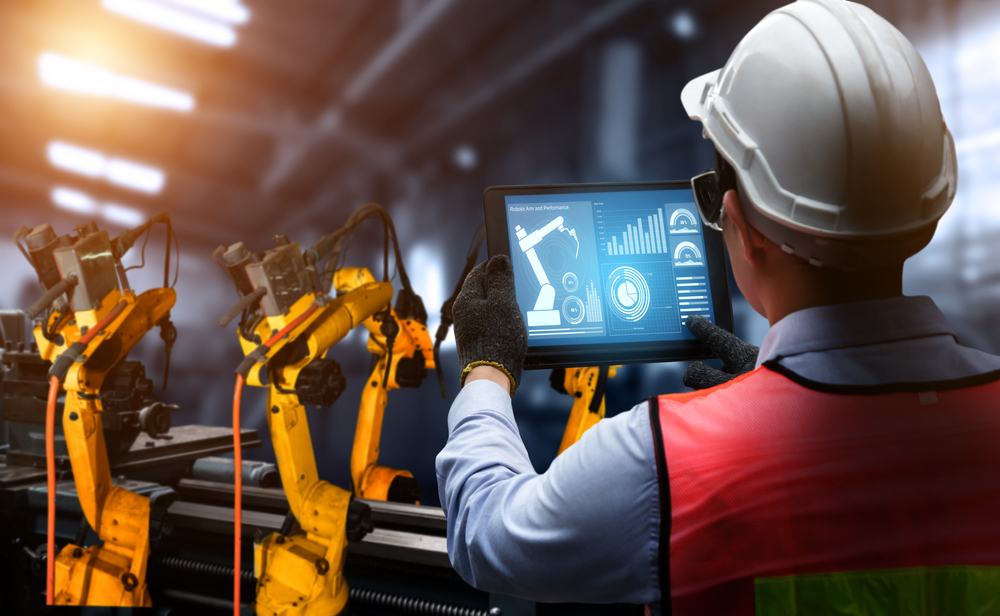The contributions that digital transformation is making to the market are considerable. Think of technologies such as Internet of Things, machine learning, artificial intelligence and augmented reality, for example. The more robust and reliable these solutions become, the more their benefits are also applicable within the realms of production, manufacturing, and the industrial world in general. The factory of the future will undoubtedly be very different from what was conceivable even at the turn of the century, and it is no mystery that the transformation to Digital Manufacturing is a necessity for many companies to remain competitive in the market of the future.
The Challenges of Digital Manufacturing
The main driver for digital transformation in companies is competitiveness, and the reason Digital Manufacturing is becoming an increasingly topical issue is precisely because of its ability to make companies more competitive by acting on all key factors: optimizing costs, improving efficiency, increasing product quality and enhancing services.
In order to realize these benefits, however, the acquisition of innovative machinery and infrastructure is often not enough. This is because technology needs to be orchestrated in order to function at its best: data must be analyzed, process controls must be quickly usable, and information must flow dynamically and efficiently.
The solution to these needs is found in MES software, Manufacturing Execution Systems, a category of applications and infrastructure designed for real-time monitoring of manufacturing operations. In its most generic definition, MES software can manage all phases of an asset’s life cycle, from raw materials to finished product, controlling and optimizing the use of all resources that are part of the process: materials, services, personnel and so on.
Digital Manufacturing: SAP has all the solutions
To successfully transition to Digital Manufacturing, it is necessary to grasp all the complexities characteristic of themanufacturing industry, both in terms of qualitative and quantitative data collection and in terms of information management and organization.
In particular, SAP Manufacturing Execution, SAP ME, is SAP’s MES solution for managing production chains in a structured and intelligent way, effectively digitizing manufacturing processes. IIoT data collection capabilities enable real-time monitoring of the production chain, with the implementation of Industry 4.0-based methodologies.
On the integration and information circulation front, SAP Manufacturing Integration and Intelligence, SAP MII, enables integration between various production departments, such as assembly lines, laboratories and workshops, and logistics and organizational departments, either through the various SAP solutions, with S/4HANA, or through third-party MES systems and software.

Finally, SAP Digital Manufacturing Cloud is proposed as a cloud-based MES that can provide process visibility at all levels, from production to management, with the ability to define a set of customized KPIs.
Industry 4.0 consolidates and evolves
The topic of Industry 4.0, while current, is not new. But the evolution of Digital Manufacturing has shown how the needs of this industry are constantly evolving. With increasingly rich and structured datasets, having appropriate software and solutions for managing Big Data and performing Real Time Analytics becomes a more pressing need every day. Indeed, these solutions lead to significant optimizations, increasing productivity and reducing costs. As early as 2014, research by McKinsey & Company showed a 20 percent reduction in material waste and a 15 percent reduction in energy costs. According to some independent research, today the adoption of Big Data-based solutions would enable cost reductions of as much as 50 percent in development and assembly.